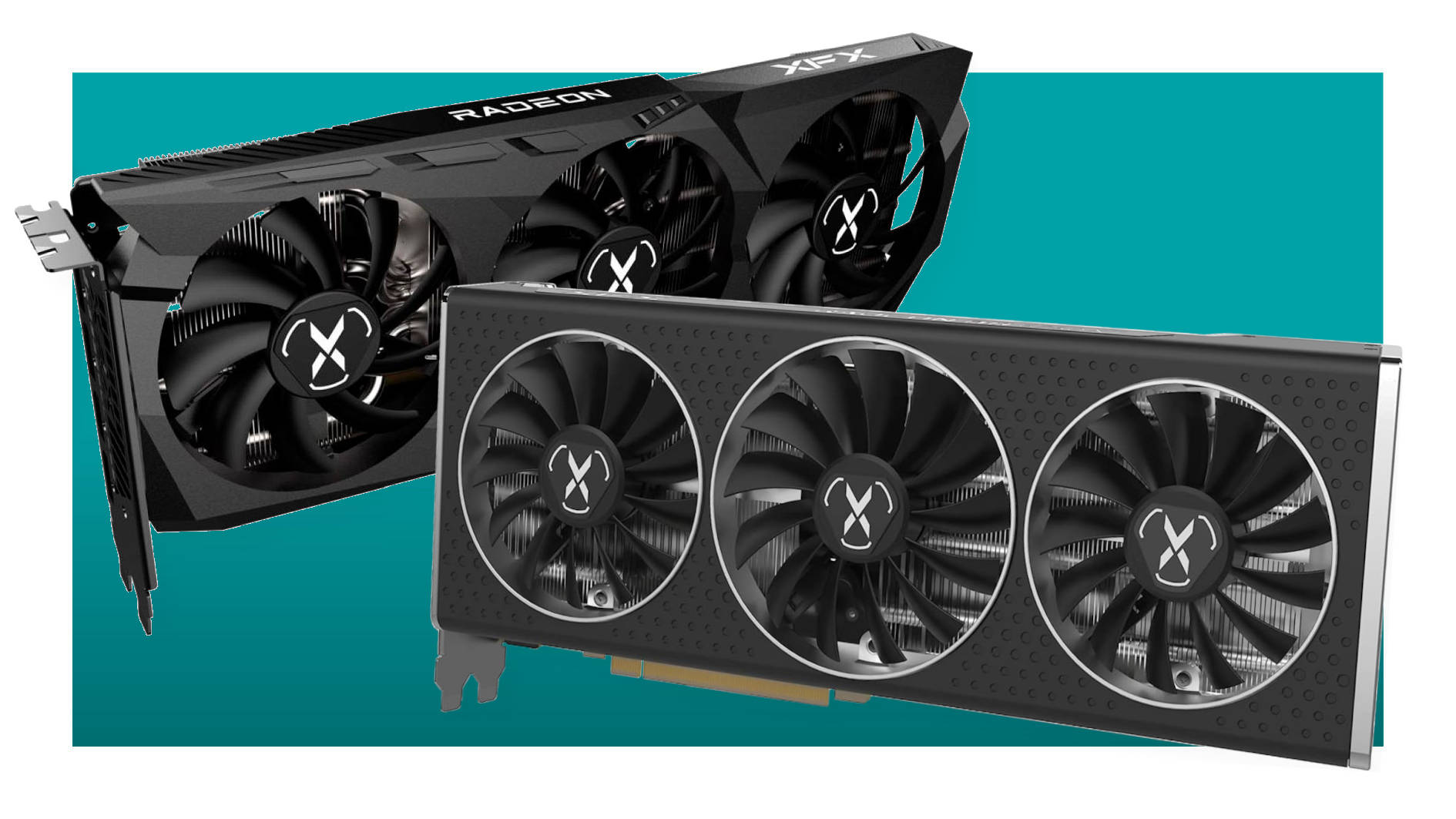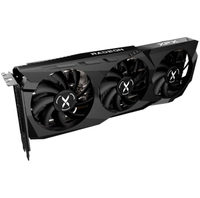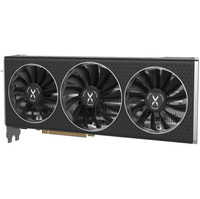AMD's RX 6700 XT is the best mainstream GPU for the money and right now it's just $310
Faster than the RTX 4060 in lots of games and has 12GB of VRAM—what's not to like?

Radeon RX 6700 XT | 12GB GDDR6 | 2,560 shaders | 2,581 MHz boost | $409.99 $309.99 at Best Buy (save $100)
It's not the lowest price we've seen for an RX 6700 XT but it's pretty close, and the graphics card itself is probably AMD's best mid-range model. This or an RTX 4060? For outright gaming speed, the RX 6700 XT is definitely better.
If you're in the market for a new graphics card but your budget is less than $330, you might be tempted to get an Radeon RX 7600 XT or a GeForce RTX 4060. They're both of the latest generation of GPUs from either vendor, but they're not the fastest graphics cards you can get from that kind of money, and I'm not talking about second hand GPUs.
AMD's last-gen models are by far the best value GPUs you can get right now, and the Radeon RX 6700 XT is the best bang-for-buck graphics card, despite being three years old.
With 2,560 shaders that can run at up to 2,581 MHz, it's got more than enough poke for all the latest games at 1080p and in plenty of cases, 1440p too. Unlike the RTX 4060, you're getting a sensible amount of VRAM—12GB of GDDR6, running at 16 Gbps, for an aggregated memory bandwidth of 384 GB/s.
That might not sound very much, but the RDNA 2 GPU inside the card sports an enormous 96MB of L3 cache, which takes a lot of strain off the memory bus. The downside to all that tech is that is uses a fair bit of power, hitting 230 W with ease. And it's also AMD's first consumer GPU to have ray tracing support, so it's pretty weak with this enabled in games, especially compared to Nvidia's latest graphics processors.
Another advantage that the RTX 4060 has over the RX 6700 XT is its full support for DLSS 3.5—AI upscaling, frame generation, and ray tracing denoising. AMD's can do the first two through the use of clever shaders (aka FSR 3) but it's not quite as good as Nvidia's tech.
But forget about all of that and just enjoy the fundamental rendering chops. It's as least as powerful as Nvidia's RTX 3060 Ti and in some games, notably faster, as we found when we reviewed the RX 6700 XT.
Radeon RX 6750 XT | 12GB GDDR6 | 2,560 shaders | 2,600 MHz boost | $399.99 $329.99 at Amazon (save $70)
An extra $20 gets you this RX 6750 XT—a 6700 XT in all but name, that has slightly faster GPU and VRAM clock speeds. You're probably still better off going for the cheaper graphics card but this is still a great GPU for relatively little money.
And for $20 more, you could get the Radeon RX 6750 XT. It's almost exactly the same as the RX 6700 XT, but the boost clock is 2,600 MHz and the 12GB VRAM runs at 18 Gbps, for 432 GB/s of bandwidth. They're only tiny improvements but with a spot of overclocking, you might be able to push things further, if you like tweaking your GPU.
When the RX 6750 XT launched back in 2022, we found that the small boost in performance just wasn't worth the extra cash but now that it's just 6% more expensive, it's certainly worth considering. Do note that the extra speed does push the peak power consumption up to 250 W, though.
It doesn't really matter which one you go for though, as they're both excellent mainstream graphics cards, and far better value than the RTX 4060 and RX 7600 XT.
Keep up to date with the most important stories and the best deals, as picked by the PC Gamer team.

Nick, gaming, and computers all first met in 1981, with the love affair starting on a Sinclair ZX81 in kit form and a book on ZX Basic. He ended up becoming a physics and IT teacher, but by the late 1990s decided it was time to cut his teeth writing for a long defunct UK tech site. He went on to do the same at Madonion, helping to write the help files for 3DMark and PCMark. After a short stint working at Beyond3D.com, Nick joined Futuremark (MadOnion rebranded) full-time, as editor-in-chief for its gaming and hardware section, YouGamers. After the site shutdown, he became an engineering and computing lecturer for many years, but missed the writing bug. Cue four years at TechSpot.com and over 100 long articles on anything and everything. He freely admits to being far too obsessed with GPUs and open world grindy RPGs, but who isn't these days?



